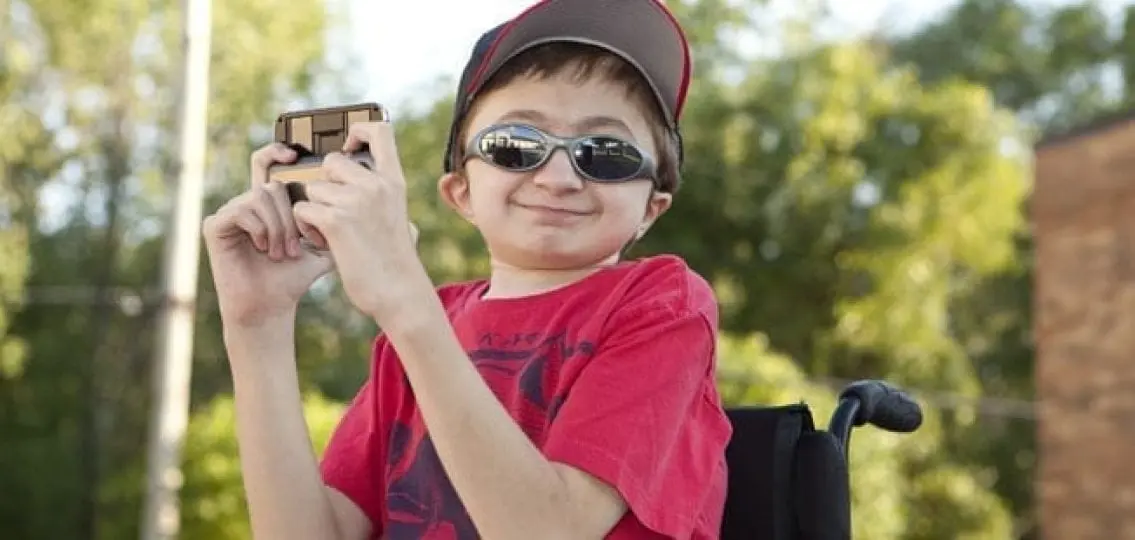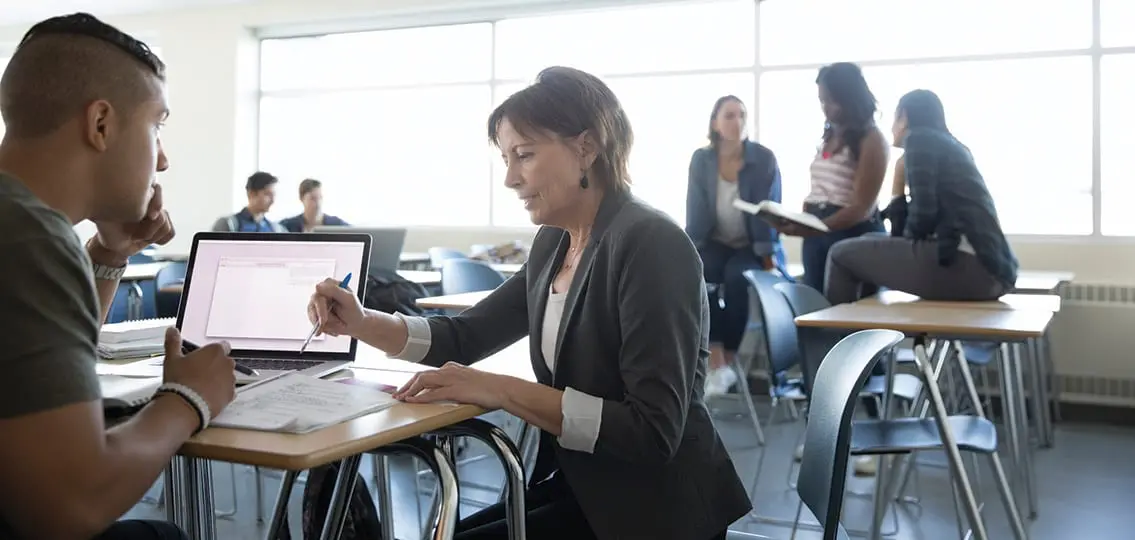Today, about two million students in the United States have been diagnosed with a learning disability. Fortunately, the federal government has stepped in to make sure that every student gets their basic educational needs met. The Rehabilitation Act of 1973 and the Individuals with Disabilities Education Act (IDEA) guarantee that these students receive a Free Appropriate Public Education (FAPE).

While most students with learning disabilities are identified by third grade, it’s not uncommon to be identified in middle school. Occasionally, your student may get to high school when the learning disability is diagnosed. While the earlier a student gets help the better, it’s never too late to get a student on the path to educational success.
We asked Cleveland-area attorney Daniel M. Margolis, who has focused on education law for more than 15 years, for an overview of what parents should know.
Know Your Rights Under FAPE (Free Appropriate Public Education)
1. Trust your instincts.
Students can struggle in school for a variety of reasons. There isn’t one exact sign to indicate that your student may be struggling as a result of a learning disability. But ongoing difficulty with one academic area or skill can be a red flag.
Parents should trust their instincts, stresses Margolis. “Nobody knows a child better than a parent. There will be times when a parent will notice a change in a child over the course of a school year,” he notes. “They may also start hearing from a teacher that their child is acting out. Parents should key in on that and start asking appropriate questions.”
2. Understand your rights.

3. Ask for an evaluation.
Often, the request for an evaluation will come from your student’s school. “But sometimes the onus is on the parent to say to the school district, ‘My child needs to be evaluated for these reasons.’” Parents have a legal right to request an evaluation for their student, under the Individuals with Disabilities Education Act (IDEA). The evaluation includes reviewing a student’s record, observations, testing, and interviews. Note that this applies only to public schools. Private schools are generally not legally obligated to evaluate or provide services for students with disabilities.
4. Know when to get legal help.
Unfortunately, some school districts are resistant to providing the necessary services. When it happens, it’s typically a student with a severe disability who will need an exceptional level of service. The district might even be required to pay for a specialized school.

“This is where the struggle becomes very real and litigation can ensue,” explains Margolis. “For example, there are times when it’s better to educate a child with autism in a specialized setting for children with autism. But it can cost upwards of $100,000 a year. Oftentimes, school districts will say, ‘We don’t need to spend that kind of money.’ So that is where there will be a struggle between the parents and the school and legal help may be required.”




